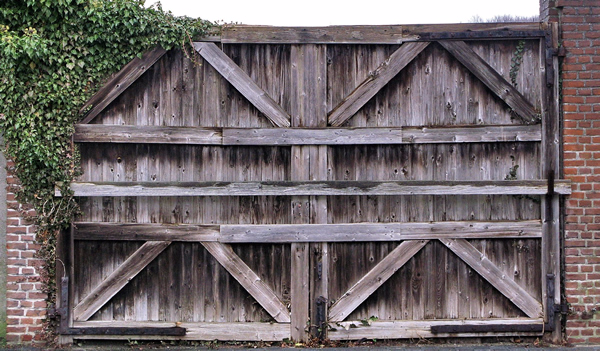Parashat Mattot/Mas`ei
Numbers 30:2 – 36:13
As the people of Israel prepare to take hold of their national home, God sets forth the commandment to establish sanctuary cities throughout the land. (Num. 35) These cities are meant to be safe havens for people who have accidentally killed someone and who are fleeing from enraged relatives of the deceased and who are bent of exacting revenge for their loss.
The people protected within these sanctuary cities are not completely innocent. To murder is a sin. To commit a sin accidentally is also a sin, but of a different nature. But it, too, requires repentance and atonement. This has already been made clear in the books of Leviticus and Numbers.
Nevertheless, God’s vision of a just society – for we are only being given the land on condition that we act with justice and fairness – requires that we create sanctuary cities. These cities are not created to punish sinners. They are created to shield them from people who are obsessed with punishing sinners. (And they are not subject to sanctions by the government. They are mandated by God.)
The people who are seeking revenge are overwhelmingly people who reside in the countryside. Sanctuary is afforded by cities. Do we discern here a faint projection of what later became the distinction between traditionalist rural culture and a more accepting urban culture? But our modern sociological breakdown is seen as following the fault lines dividing religion (open countryside) from secular culture (found predominantly in the cities). Yet, in the Torah, the mitzvah of sanctuary cities is not a liberal, secular rejection of religion. On the contrary. The people who are supposed to administer these cities are the Levites, the tribe of religious specialists who are meant to devote their entire lives to serving God. Indeed, for this reason they are not given extensive lands to cultivate and develop, assets which could distract them from their holy mission. Rather, they are given only these cities in which to live, themselves, and which they must open in order to offer sanctuary to fugitives.
Thus, the Torah’s ancient ideas are challenging to many modern concepts. The mission of the religious leaders, as found in our Torah reading, is not to reinforce the drive to punish others so as to create a sense of safety for ourselves. It is to protect others from ourselves, from the dangers of our own fears and rage. Give me that old-time religion!
Shabbat Shalom,
Rabbi David Greenstein
![]()
Subscribe to Rabbi Greenstein’s weekly d’var Torah
image: “gate to nowhere, nothing to see behind” © Axel Hartmann altered and used with permission via Creative Commons License.
- Toby Stein: In Memoriam - Thu, Feb 8, 2024
- Faithfulness and Hope: Parashat Sh’lach - Thu, Jun 23, 2022
- Past Their Prime: Parashat B’ha`a lot’kha - Thu, Jun 16, 2022

